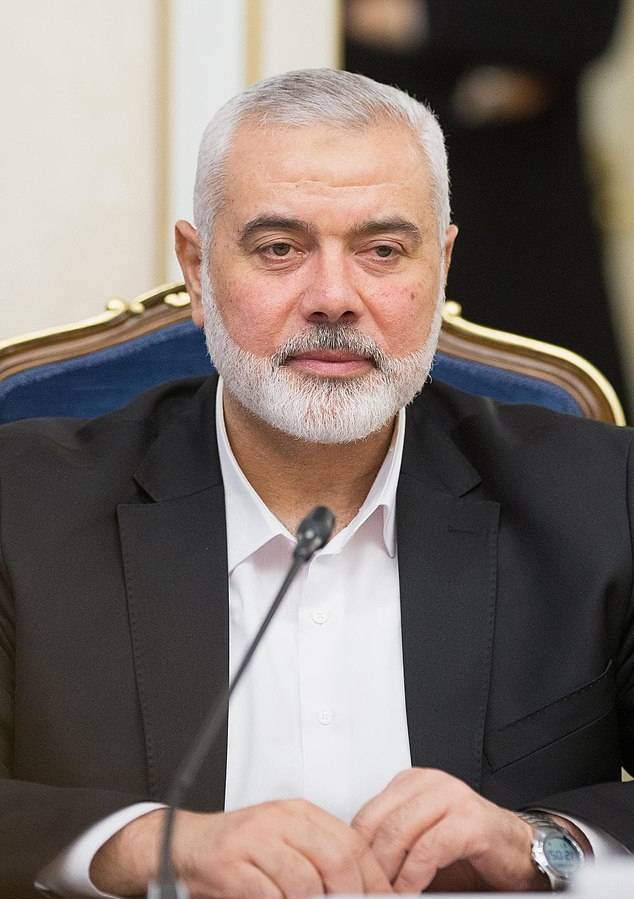Ismail Haniyeh, a high-ranking Hamas leader, was assassinated on Wednesday in Tehran. Middle Eastern and American officials confirmed his death, which occurred at a guesthouse where he was staying.
Reports reveal that an explosive device, planted two months ago, was used in the attack. This device was secretly installed in the guesthouse within the Neshat compound, an area in northern Tehran managed by the Islamic Revolutionary Guards Corps (IRGC).

The bomb was detonated remotely after Haniyeh's presence was confirmed in his room. The explosion caused extensive damage, including shattered windows and a partially collapsed exterior wall. A bodyguard was also killed in the blast.
Haniyeh had traveled to Tehran for the presidential inauguration of Masoud Pezeshkian. His assassination, attributed to Israeli involvement by both Iranian and Hamas officials, threatens to destabilize the region and disrupt cease-fire negotiations in Gaza.
Israeli intelligence reportedly briefed Western governments on the operation shortly after it happened. However, Israel has not officially taken responsibility for the attack.
Initial speculations suggested a missile strike, but it was later confirmed that the explosive device was planted inside the guesthouse. This sophisticated remote detonation technique is reminiscent of previous high-profile assassinations, such as that of Iranian nuclear scientist Mohsen Fakhrizadeh in 2020.
This incident underscores a severe security lapse at the heavily guarded compound, raising questions about Iran's intelligence and security capabilities. The IRGC, tasked with protecting the compound, faces criticism for failing to detect the explosives.
Iranian officials, including Supreme Leader Ayatollah Ali Khamenei, have vowed retaliation against Israel. This assassination heightens already intense regional tensions and complicates ongoing diplomatic efforts.
The broader Middle Eastern conflict is expected to be significantly impacted by Haniyeh's death, marking a critical point in the ongoing geopolitical dynamics.









